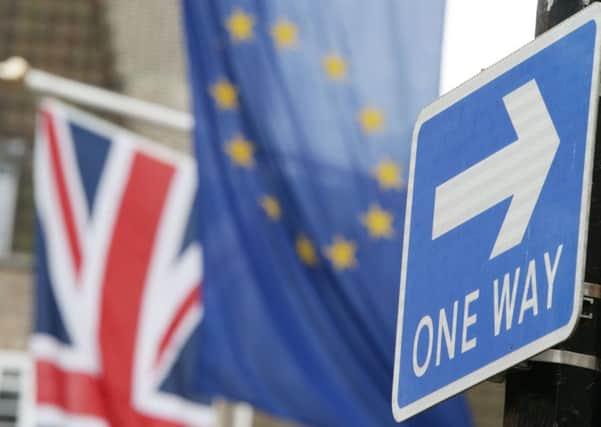Analysis: Article 50 brings reality to Brexit debate


The liberal metropolitan elite, the just about managing families, the left behind, the forgotten are just some of the labels used to explain why Britain took the momentous decision to leave the EU.
And the implications of Brexit have been considered on everyone from business people, scientists and farmers to bankers, factory workers and fisherman.
Advertisement
Hide AdAdvertisement
Hide AdBut one group has been curiously missing from the discussion.
Europeans.
Not those families who have come from continental Europe to make Britain their home, but Europe’s political leaders who will be on the other side of the Brexit negotating table.
This curious dynamic was reflected in the Prime Minister’s Lancaster House speech in January on Britain’s approach to Brexit.
It amounted to a lecture to Brussels about the EU’s need to change, a wishlist of Britain’s demands and thinly-veiled warnings on the implications of a failure to agree.
Advertisement
Hide AdAdvertisement
Hide AdIf Parliament passes the Brexit Bill on Monday, Mrs May could formally notify Brussels of Britain’s decision to leave the EU next week - known as triggering Article 50 - and proper talks can get underway.
And from that point it will be much harder to ignore the fact that Brexit will be a two-way process.
Europe’s leaders have their own Brexit priorities, not least - as European Council president Donald Tusk’s comments on the need for “unity” revealed yesterday - avoiding offering Britain anything that might encourage other EU members to follow us out of the door.
Britain’s eight-month Brexit monologue is about to come to an end as Europe makes its voice heard.